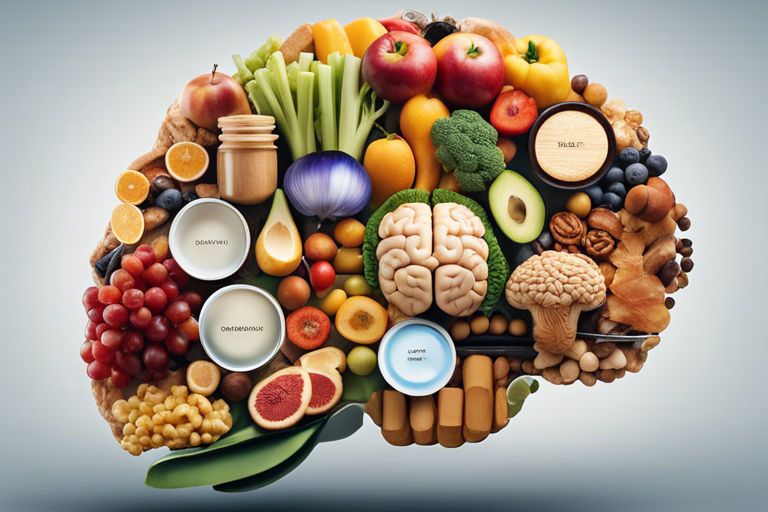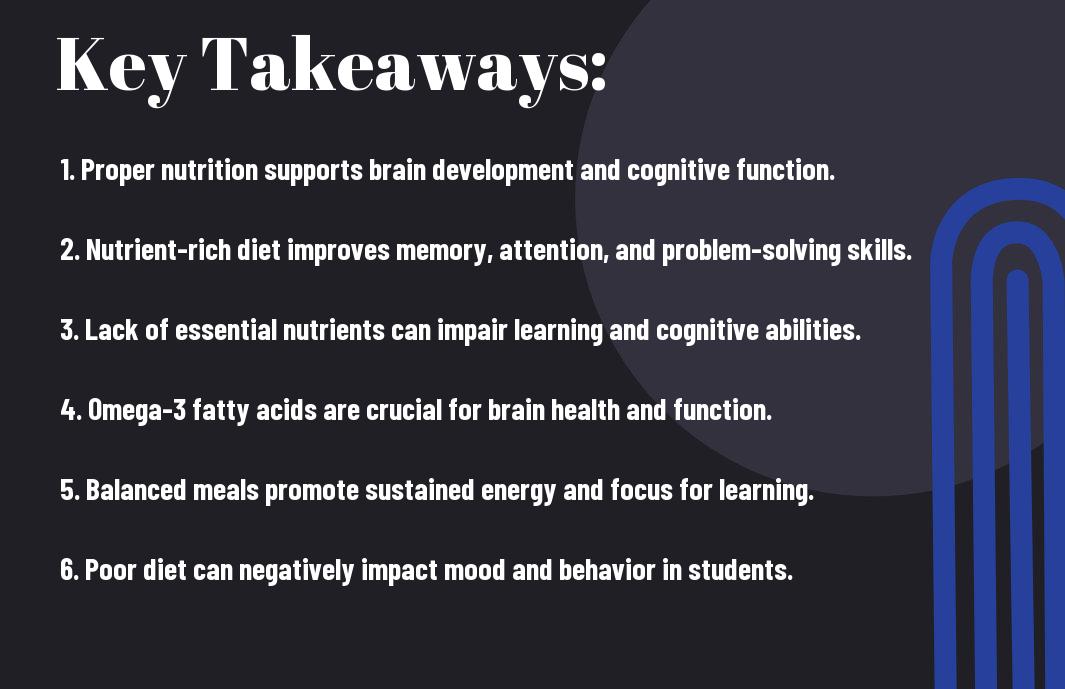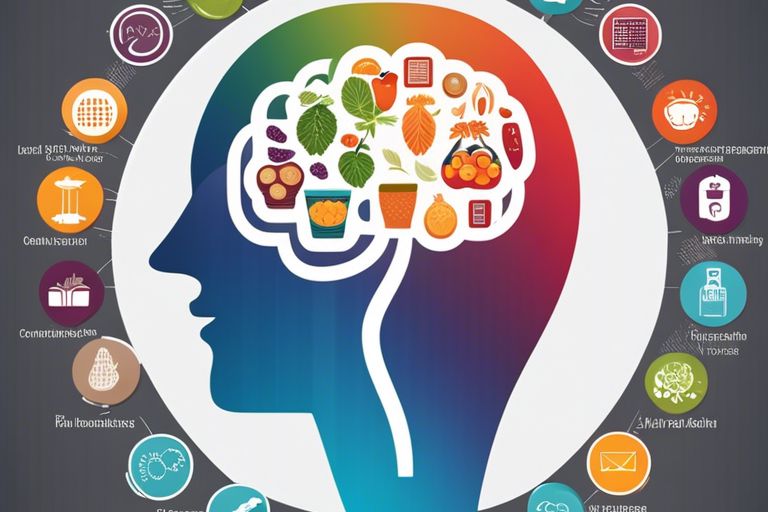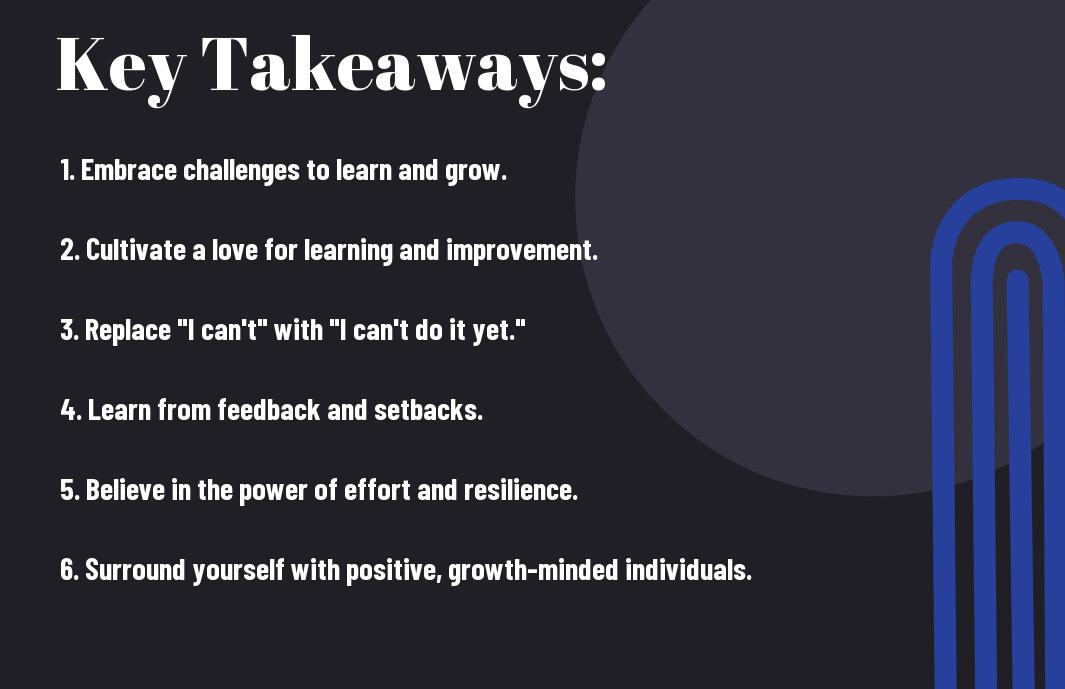Polysomnography, the monitoring of brain waves during sleep, has shown that adequate sleep is crucial for the retention of new information and memory consolidation. The learning process relies on the brain’s ability to form and strengthen synaptic connections, a process that occurs primarily during REM sleep. Additionally, lack of sleep can impair the brain’s ability to focus and retain information, leading to decreased memory retrieval and learning functionality. In this blog post, we will explore the intricate connection between sleep and cognitive function, and provide tips for improving sleep quality to enhance learning and memory.
Key Takeaways:
- Quality sleep is essential for optimal learning: Adequate and high-quality sleep plays a crucial role in the learning process as it allows the brain to consolidate new information and form memories. Without enough sleep, cognitive functions such as attention, problem-solving, and creativity can be compromised.
- Sleep helps with memory consolidation: During sleep, the brain processes and consolidates newly acquired information, making it easier to retrieve and use in the future. This process is vital for learning and retaining new knowledge, skills, and experiences.
- Consistent sleep patterns are crucial for effective learning: Irregular sleep patterns and sleep deprivation can negatively impact the brain’s ability to learn and remember. Establishing a consistent sleep schedule and prioritizing restful sleep can significantly enhance the learning and memory consolidation process.

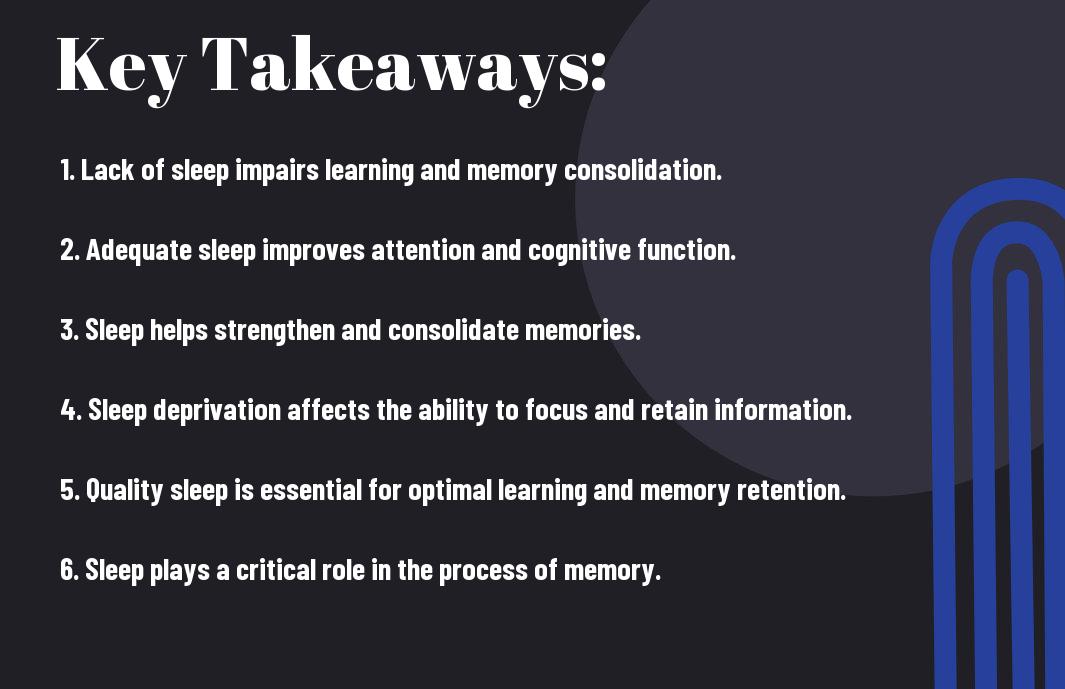
Understanding Sleep
One of the most essential functions of sleep is to help the brain consolidate and process new information. While we are sleeping, the brain goes through different stages of sleep, each playing a crucial role in the learning and memory consolidation process.
Stages of Sleep Cycle
Understanding the stages of the sleep cycle is important in understanding the impact of sleep on learning and memory. The sleep cycle consists of four stages of non-REM sleep followed by REM sleep. Non-REM sleep is crucial for memory consolidation, learning, and problem-solving. It is during this deep sleep that the brain processes and stores new information.
The Role of REM and Non-REM Sleep
To fully comprehend the impact of sleep on the learning process and memory consolidation, it is important to understand the roles of both REM and non-REM sleep. REM sleep is associated with the consolidation of procedural and emotional memories, while non-REM sleep is crucial for the consolidation of declarative memories, such as facts and events. Both stages play an important role in ensuring that new information is properly processed and stored in the brain.
It is during these stages of sleep that the brain is able to strengthen neural connections, enhancing memory and learning abilities. REM and non-REM sleep are both essential for optimal cognitive function and overall brain health.
Sleep and the Learning Process
After a long day of absorbing information and engaging in various activities, the brain requires time to process and consolidate the newly acquired knowledge. This is where sleep plays a crucial role in the learning process. Sleep is not just a period of rest for the body; it is a time when the brain actively works to organize and store the information it has received, helping to enhance the learning process.
Sleep’s Effect on Cognitive Performance
Process The quality and quantity of sleep directly impact cognitive performance. Lack of adequate sleep can impair attention, concentration, and problem-solving abilities. During sleep, the brain forms new neural connections and strengthens existing ones, which are essential for memory and learning. This means that a good night’s sleep is crucial for optimal cognitive functioning and for retaining and recalling information.
Enhancing Learning Through Optimal Sleep Patterns
Process Sleep deprivation can lead to decreased ability to learn and process information, making it difficult to focus and retain new knowledge. On the other hand, a healthy sleep pattern can enhance learning and memory consolidation. By establishing consistent bedtime and wake-up routines, creating a comfortable sleep environment, and practicing relaxation techniques, individuals can optimize their sleep patterns to support the learning process.
Sleep has a significant impact on the ability to learn, process, and remember information. Consistent bedtime and wake-up routines, a comfortable sleep environment, and relaxation techniques play a crucial role in enhancing the learning process through optimal sleep patterns.
Sleep and Memory Consolidation
For individuals looking to enhance their learning and memory, understanding the relationship between sleep and memory consolidation is crucial. Sleep not only plays a vital role in the learning process but also in the consolidation of memories. Without sufficient and quality sleep, the process of memory consolidation can be severely disrupted, impacting overall cognitive function.
Mechanisms of Memory Consolidation During Sleep
Memory consolidation is the process by which newly acquired information is stabilized and integrated into long-term memory storage. During sleep, the brain undergoes several critical processes that facilitate memory consolidation. One such process is the reactivation and strengthening of neural connections associated with the newly acquired information, which occurs during specific stages of sleep. Furthermore, during sleep, the brain engages in the consolidation of declarative memories, such as facts and events, through the transfer of information from the hippocampus to the neocortex.
Impact of Sleep Deprivation on Memory
Consolidation of memories is significantly impaired in individuals who experience sleep deprivation. Studies have shown that sleep deprivation can lead to deficits in both short-term and long-term memory. Not only does sleep deprivation hinder the formation of new memories, but it also negatively impacts the retrieval and storage of existing memories. Furthermore, the inability to get sufficient sleep can exacerbate the problem, leading to further cognitive decline and impaired learning abilities.
Strategies for Improved Sleep and Learning
Despite the hustle and bustle of modern life, it is essential to prioritize both quality sleep and effective learning. By implementing strategies for improved sleep and learning, individuals can optimize their cognitive function and memory consolidation.
Creating an Effective Sleep Schedule
Creating a consistent sleep schedule is a fundamental strategy for improved sleep and learning. Regular sleeping and waking times help regulate the body’s internal clock, known as the circadian rhythm, leading to more restful and restorative sleep. Individuals should aim to establish a bedtime and wake-up time that aligns with their natural sleep patterns, ensuring they get 7-9 hours of quality sleep each night. By adhering to a consistent sleep schedule, learners can experience improved focus, attention, and memory consolidation during their waking hours.
Sleep Hygiene and Its Importance for Learners
Hygiene habits play a crucial role in maintaining optimal sleep quality and learning effectiveness. Creating a conducive sleep environment, including keeping the bedroom dark, quiet, and cool, promotes better sleep quality. Avoiding stimulants such as caffeine and electronic devices before bedtime can also help individuals wind down and prepare for restful sleep. Practicing relaxation techniques such as deep breathing or meditation can further enhance sleep quality and support the learning process.
Schedule regular physical activity, maintain a healthy diet, and manage stress are vital components of sleep hygiene that contribute to improved learning outcomes. By prioritizing sleep hygiene, learners can create an optimal environment for restorative sleep and enhanced memory consolidation.

